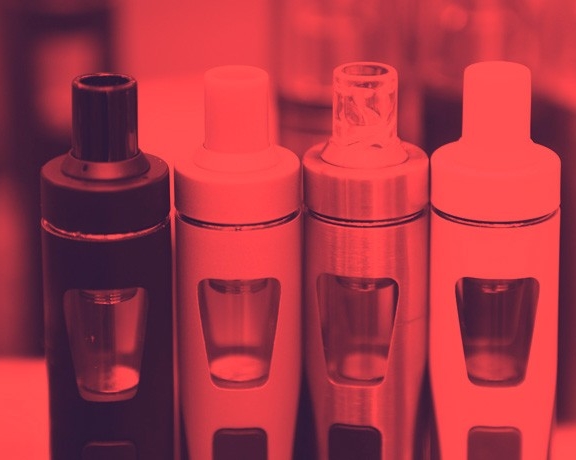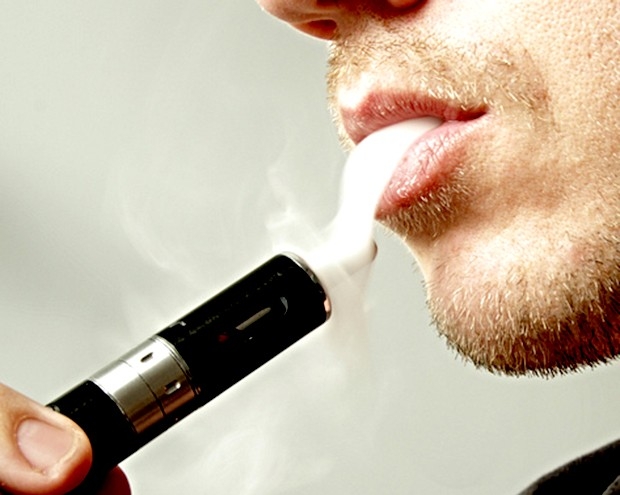article
Kids have stopped smoking. Someone please tell the anti-vape zealots
This article was originally published in The Financial Post.
Vapes started squeezing out cigarettes around 2018. It's a good thing governments should support. Vaping is less dangerous
One of the grand masters of nicotine research, Ken Warner of the University of Michigan, recently published a research paper in the American Journal of Public Health titled “Kids no longer smoke: why aren’t we celebrating?” In the United States, teen smoking rates are somewhere in the region of zero. In Canada, too. The most recent government statistics find that just a fraction of one per cent of those 15-19 now smoke daily. To put this in perspective: as recently as the 1990s about 25 per cent of teens did.
What amounts to the eradication of smoking among teens is, as Joe Biden might say, “A big effing deal.” It should be shouted from the rooftops. Yet our governments don’t seem to know.
A dirty little secret that health groups will not discuss and Health Canada is tongue-tied on is that vapes hastened the event Ken Warner celebrates. Smoking among all age groups fell slowly through the first 20 years of this century, and our health authorities do deserve praise for this. But then Juul and Vuse came on the scene in 2018, at which point the smoking decline went into overdrive, particularly for youth and young adults.
Youth is rebellious, but not always stupid. When a lower-risk vehicle for defying authority and conformity appeared they jumped on it. Many of them loved the nicotine. It is a balm for kids and adults with anxiety and depression in this age of stress, anomie and COVID. And, as Public Health England and the Royal College of Physicians have stated unequivocally and repeatedly, it is 20 times less toxic than cigarettes.

And how have our leaders responded? Alas, by “catastrophizing,” in the word coined by philosopher-psychologist Jonathan Haidt. It is their accustomed mode of operation. Our elites improve the world by getting other people, not themselves, to change, which they do by scaring them. And so, despite the compelling evidence, they continue to treat both tobacco and nicotine as scourges, though only tobacco is. Yes, it would be better if people did not become dependent on nicotine, but it is nowhere near as dangerous as tobacco.
Yet have you ever heard federal Health Minister Mark Holland tell us that nicotine is not a carcinogen (unlike the drugs the elites consume: alcohol and cannabis)? Or concede that the health system is overburdened, that any means that will help a person quit smoking is a good one and that self-help is the best help of all?
Instead we are asked to ingest propaganda to the effect that in this Manichean world our governments are exclusively good while profit-earners, including those who sell vapes, are exclusively bad.
When our health lobbies or medical chiefs state that non-combustible nicotine products should be treated the same as cigarettes, we should ask why. Same question when they advise that e-cigarettes should be age-gated to 21, but their own preferred drugs remain at 18. When they tell us vapes should not be allowed within 250 metres of a school but cigarettes can stay in the corner store where kids buy their candy, we should ask what they themselves have been smoking. When they say vendors may not tell cigarette buyers that non-combustible products are at least an order of magnitude less dangerous, we should ask how that possibly serves public health. When they claim the benefit accruing from the massive decline in smoking has been lost in the rise of vaping, we should ask how their reality became so distorted?

Why do the medical chiefs advocate that we only use Big Pharma (“approved”) products to quit when independent research indicates e-cigarettes are equally and possibly more efficient? And why do health lobbies persist in wanting vape flavours banned, despite Canadian evidence they help adults to quit smoking?
Compounding the inconsistencies is the naiveté that legislation guarantees outcomes. Our prohibitionists seem profoundly unaware of the booming illegal marketplace.
Good public health involves an honest discussion of the well-being of both kids and adults, including measures to limit underage use. Half-truths, misleading statements and silence on uncomfortable realities is not in keeping with Justin Trudeau’s famous pronouncement in 2016 that his government believes in science. And, given what our politicians regularly tell us on this subject, let’s not be too righteous when we hear nonsense coming out of U.S. politics.
Ian Irvine, an economics professor at Concordia University, has worked as a consultant to both the private sector and the federal government on alcohol and tobacco. Some of his recent research has been funded by Global Action to End Smoking.